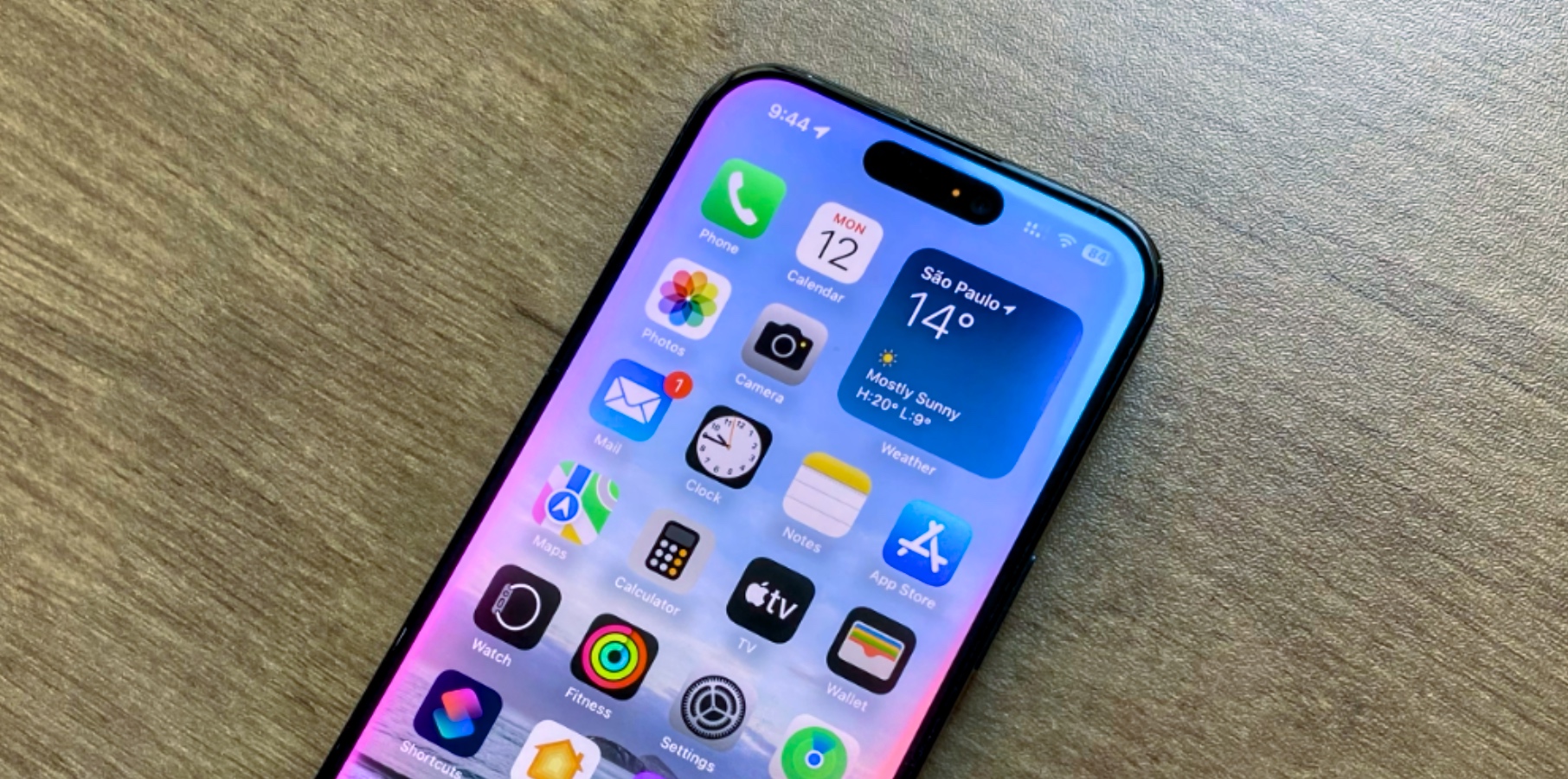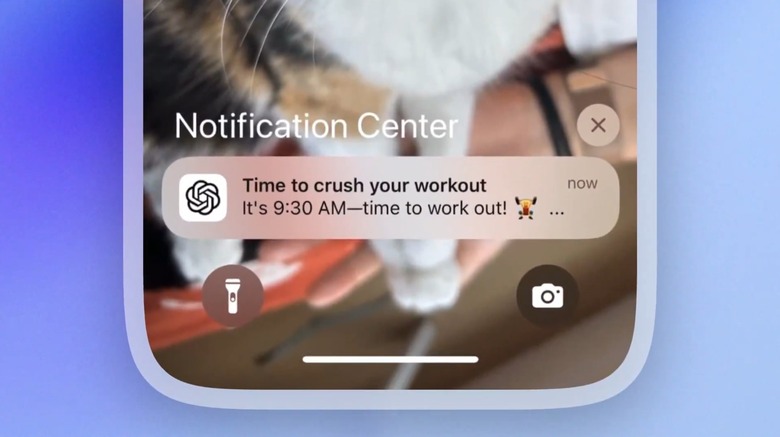Here's Why You Should Start Talking To ChatGPT Even If AI Scares You
I have this distinct memory of looking at a Samsung billboard in Times Square and telling someone that I should soon buy one of those new phones, not because they appealed to me but because I didn't want to be left behind.
It was the summer of 2006, about a year before the first-generation iPhone came out. I was still rocking a simple "dumb" Nokia phone that I fondly remember to this day, and I wasn't necessarily interested in the then-smartphones of the world or that particular Samsung model. I only knew I needed to switch to smartphones.
Nearly 20 years later, I'm well-entrenched in the Apple ecosystem. The iPhone is practically an extension of me. The same would apply if I were on Android.
I'm now witnessing another major technological revolution, which is possible in part thanks to smartphones' ubiquitousness. We want these computers to be even better and more helpful, and that's where AI comes in handy.
That's why I'm going to tell you that the biggest mistake you might be making right now is not talking to AI like ChatGPT. It might be even bigger than not buying a smartphone in the pre-iPhone or early iPhone days.
You should embrace AI as soon as possible, even if you hate the state of AI products right now or the companies behind them. Start using it even if you fear the AI will destroy the world and steal your job before it does that. Because the sooner you do it, the better you will be equipped to handle that world.
When I say "talk" to ChatGPT, I don't mean necessarily buying the Plus subscription so you can use the Advanced Voice Mode and actually hear the AI speak. I mean taking the simpler route, which is crafting prompts so the AI can help with various tasks. Text the AI, if you will, but do it like you would a friend or family member.
I'm saying go beyond simple commands like "translate," "summarize," "compose" this and that. Give the AI longer commands that feature all sorts of instructions, and see how it responds. It doesn't have to be about work, either.
Say you're planning a trip to Paris; you can ask the AI to give you the best airline choices to fly to Europe, the best time of year, and the cheapest routes. Have it factor in loyalty programs so you get the best price and perks for a round-trip to the French capital. Tell it to rank travel options if spending cash or miles. Ask for sources for each claim so you can easily browse the web.
All of this can go into a single prompt to ChatGPT. Then you wait for it to reply.
AI can and will be wrong. It'll hallucinate information. It'll give you links that won't work or "facts" that are no longer valid. But most of the time, it'll also offer you useful information.
As soon as it responds, text back. Ask follow-up questions or ask it to verify its responses. For the same Paris example, you can ask it to give you hotel suggestions based on a specific itinerary.
Tell the AI how much you're willing to walk every day while sightseeing and ask it to offer you efficient transportation solutions. Have it include only French-cuisine restaurants in your days so you can experience only local food and drinks during breaks. The sky is the limit.
This isn't just a what-if scenario. I talk about travel with ChatGPT all the time. It's easier and faster than doing the traditional "googling."

Rinse and repeat. Have the AI help with work and chores. Keep checking with AI frequently. Install the apps on your phone. The more you talk to ChatGPT, regardless of the topic, the more you'll train an ability you shouldn't take for granted or dismiss in the age of AI: Creativity.
You'll learn how AI behaves from one upgrade to another and teach yourself to write (or dictate) better prompts and clearer instructions. That's where I'm heading with all of this. The better you are at talking to AI, the easier you'll survive the AI revolution that's coming.
Yes, AI like ChatGPT will steal a lot of jobs. It could be yours or mine. But other jobs will be created in the process. We won't get to all-knowing AI immediately. It will take a minute. We'll all be AI whisperers, and the better you are at talking to AI, the more important it'll be, whether for your current or future career and your personal life.
Rather than worrying about AI's negative effects on your line of work or completely dismissing AI programs and features that flood every news cycle, you should start "using the product."
That's actually what Anthropic CEO Dario Amodei said in a recent interview at Davos when asked what his advice would be for people preparing for life, like high school students who are going to decide on which career path to follow. He advised people to start using AI so they can understand the good and bad about it.
A few days ago, OpenAI CEO Sam Altman discussed the imminent transformation of the economy because of AI. He then said something similar to what Amodei explained: Altman said that his unborn child "is never gonna grow up being smarter than AI."
"There will be a kind of ability we still really value, but it will not be raw, intellectual horsepower to the same degree," Altman added. "Figuring out what questions to ask will be more important than figuring out the answer."
That's what I'm getting at. The better you are at unleashing your creativity with AI like ChatGPT, the better you'll be ready for the AI economy that follows.
It doesn't have to be ChatGPT. You can pick your poison. You might go for Gemini, Claude, Meta AI, or something entirely different. Anything is better than nothing.
It doesn't matter how old you are, either, though my message targets adults who are more likely to stumble upon this unprompted advice. Kids are already growing in the age of AI. They will be better than us adults at talking to ChatGPT.
To put it differently, I can't imagine the last 20 years without an iPhone by my side. Looking back, it would have been all the more difficult, whether communicating with loved ones or doing what I do for a living. Twenty years from now, I won't be able to imagine my world without AI. Assuming the AI doesn't destroy it by then, of course.
